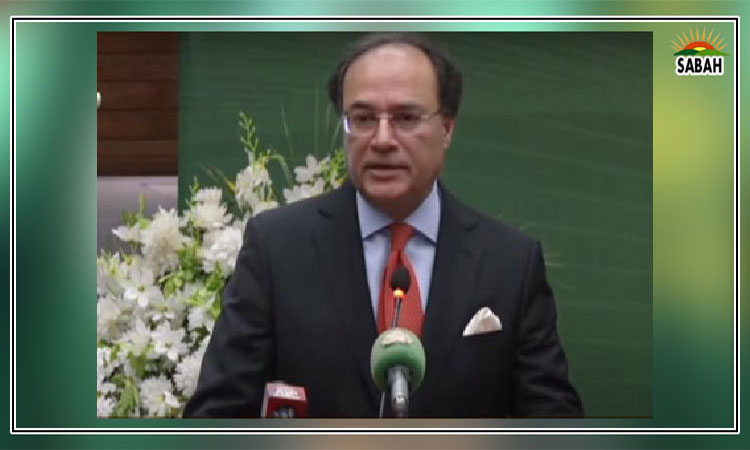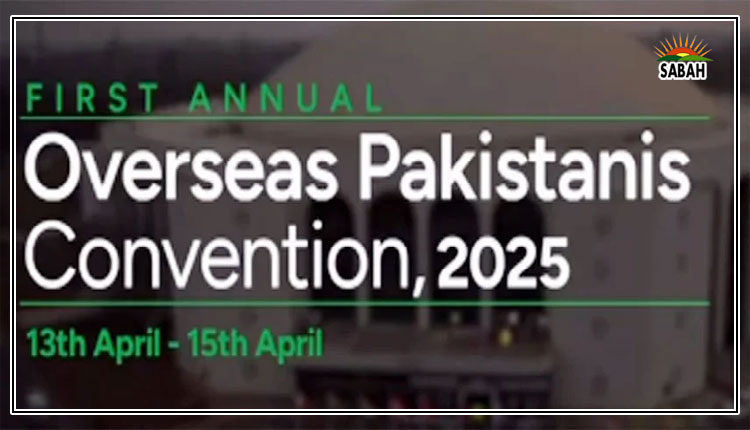A new dawn for justice ….. Dr Sharmila Faruqi
The debate surrounding the establishment of a Federal Constitutional Court (FCC) in Pakistan is not new; it has been gaining traction since the Charter of Democracy was signed in 2006, under the leadership of Shaheed Mohtarma Benazir Bhutto and Mian Nawaz Sharif.
This initiative was aimed at enhancing justice and creating a judiciary that reflects the diverse interests of all provinces in our nation. The urgency of this discussion is highlighted by the staggering backlog of cases in our judicial system, with around 0.4 million pending across superior courts, including approximately 60,000 in the Supreme Court alone. Establishing a Federal Constitutional Court could provide a critical framework to address these pressing challenges and ensure a more effective judicial process that prioritizes the needs of all citizens.
The need for a specialized court dedicated solely to constitutional matters has never been clearer. These issues have become cumbersome, often overshadowing crucial civil and criminal cases that directly affect people’s lives. Take my land case as an example; it has been stuck in a higher court for 18 long years. Initially pursued by my father, I have taken on the responsibility of following it up for the last three years after his passing, yet still, there is no resolution in sight.
A recent Supreme Court case involving a widow highlights the critical situation many face within our judicial system. The Supreme Court of Pakistan has mandated the immediate transfer of her inherited property after a staggering 26 years of protracted litigation. This distressing example underscores the urgent need for the Supreme Court to prioritize pressing civil matters rather than becoming mired in constitutional disputes.
Such cases – like this widow’s plight – emphasize the kind of justice that should be at the forefront of our courts. They illustrate the critical issues affecting ordinary citizens, whose lives are often disrupted by lengthy legal battles. Instead of enduring years of uncertainty and anguish, individuals deserve swift and fair resolutions. Let’s not forget that it took a staggering 45 years for Shaheed Zulfiqar Ali Bhutto to attain justice. This painful delay underscores the urgent need for a judicial system that delivers swift and fair resolutions for all Pakistanis.
The current leadership of the PPP, under Chairman Bilawal Bhutto Zardari, is actively addressing the establishment of the Federal Constitutional Court with a hands-on approach. He is not only overseeing these reform efforts personally but is also engaging directly with bar associations, media outlets, and various stakeholders in the legal community to foster meaningful change. Our party is committed to consensus politics, striving to ensure that every voice is heard and that the parliamentary process is open and transparent. This inclusive strategy aims to bring all stakeholders together, reflecting the true will of the people and creating a more responsive and accountable judicial system.
The establishment of the Federal Constitutional Court should not be perceived as an attack on the independence of the higher judiciary; rather, it should be viewed as a constructive measure aimed at strengthening it. This initiative is designed to enhance the judicial system, expedite justice, and alleviate delays, ultimately providing relief to the people of Pakistan. By creating a specialized court to handle constitutional matters, we can empower the Supreme Court to focus on critical civil and criminal cases that have a direct impact on citizens’ lives, ensuring that justice is both accessible and timely.
A core part of these reforms is the proposal that judges be appointed by parliament rather than through internal judicial processes. This change would ensure greater accountability and representation within the judiciary, moving away from a system that often prioritizes the interests of the legal elite over the general public. By allowing parliamentary appointments, we can align our judicial system more closely with democratic principles and public accountability.
Imagine a Federal Constitutional Court that focuses solely on constitutional issues, efficiently resolving them and alleviating the heavy backlog in the Supreme Court. Such a court would have the authority to adjudicate disputes between provincial and federal governments, as well as to enforce fundamental rights in matters of public importance. If the 26th Amendment is passed, it could empower not only the provincial and federal governments but also ordinary citizens, providing a neutral platform to resolve constitutional disputes. This court would be characterized by equal representation from all provinces, thereby strengthening interprovincial trust and reinforcing our currently fragile federal structure.
The proposed new Judicial Commission, responsible for appointing and monitoring judges, would be chaired by the chief justice of the Federal Constitutional Court (FCC), along with its two senior-most judges, the chief justice of the Supreme Court, its two senior-most judges, four parliamentarians, the federal law minister, the attorney general of Pakistan, and a senior advocate of the Supreme Court. An eight-member committee from the National Assembly, selected through proportional representation of all parties, would nominate the chief justices of the Supreme Court and FCC.
The Judicial Commission would evaluate judges’ performance and efficiency, with the authority to recommend their removal to the Supreme Judicial Council. As envisioned in the Charter of Democracy, all appeals arising under Article 199 from provincial high courts would be directed to the FCC. This would allow the Supreme Court to focus on civil and criminal appeals, ensuring that the most critical issues affecting citizens’ rights receive the attention they deserve.
Looking globally, we can draw inspiration from countries successfully implementing specialized constitutional courts. The Constitutional Court of South Africa has played an essential role in promoting democracy and protecting human rights by focusing solely on constitutional issues. Similarly, Indonesia’s Constitutional Court (Mahkamah Konstitusi) is dedicated to ensuring that laws conform to the constitution, and plays a vital role in electoral matters. These examples illustrate the numerous advantages of having a dedicated court for constitutional issues, boosting both judicial efficiency and public trust.
Seventy-seven countries have established separate constitutional courts specifically to handle complex constitutional issues. This not only streamlines the judicial process but also alleviates the workload on the Supreme Court, allowing it to focus more on criminal and civil cases. This division of responsibilities ensures a more efficient legal system and enhances the capacity for handling specialized constitutional matters.
Today, we stand at a crucial crossroads in Pakistan’s history. The establishment of a Federal Constitutional Court presents a unique opportunity to transform our judicial landscape. This isn’t just another bureaucratic change; it’s essential for restoring public trust and ensuring justice is both accessible and efficient.
Our elected representatives must translate their commitment to a balanced judicial system into real action. By pursuing these reforms, we can enhance the rule of law, safeguard rights, and amplify every Pakistani’s voice. This is not merely an aspiration but an obligation to ourselves and future generations. The time for action is now.
The writer is an MNA and a member of the National
Assembly’s Standing Committee on IT. She holds a PhD in law.
Courtesy The News












